Whether actors, singers, writers, or producers, these allies helped move the needle forward for LGBT equality in entertainment this year.

Shonda Rhimes
Screenwriter, director, and producer Shonda Rhimes is no stranger to improving the landscape of entertainment for a number of underrepresented groups. Her work on shows like Grey's Anatomy, Private Practice, and Scandal have pushed for visibility of women, people of color, and the LGBT population on TV. However, it was her response this year to a viewer who criticized the use of "gay scenes" in her latest series, How to Get Away With Murder, that reminded us why this Hollywood showrunner is one of the coolest allies in the business. When the disgruntled fan tweeted Rhimes claiming the "gay scenes" in the show were "too much," she responded, "There are no GAY scenes. There are scenes with people in them." She then added, "If u use the phrase 'gay scenes,' u are not only LATE to the party but also NOT INVITED to the party. Bye Felicia."
Rhimes isn't simply setting the gold standard in character diversity for network television, she's setting the standard for creators as well.

Nick Jonas
The youngest JoBro has been a friend of the LGBT community for years, but in 2014 he became an example for any straight male artist trying to connect with his gay fan base. Not only is Jonas playing a gay character in DirecTV's Kingdom, Jonas made appearances in October at Manhattan gay clubs Up & Down and BPM during promotion of the second single from his self-titled debut solo album, where he danced onstage, flashed his abs, and posed for pictures next to male dancers dressed in underwear. It was a move relatively unheard of from a heterosexual male pop star. "I don't know why more heterosexual male artists don't embrace their gay fan base, because it's so important," he told The Advocate in November. "At least, I feel like it's such an important part of my fan base, so I wanted to make an effort and it was incredible to be around my gay fans and celebrate."
This year, Jonas proved straight male artists can do more than simply acknowledge their gay fan base -- they can embrace them wholeheartedly.
{C}

Dolly Parton
Dolly Parton celebrated a banner year in 2014. Her 42nd studio album, Blue Smoke, was the highest-charting of her career to date, debuting at number 6 on the Billboard 200 chart. She also received a People's Choice 2015 nomination for Favorite Female Country Artist (her first in 25 years), proving her popularity has never been greater. In the midst of this career high, Parton has been more vocal than ever before about her support of the LGBT community. She spoke with Event magazine in April and reaffirmed her view that "gay couples should be allowed to marry," and called out antigay Christians in an October interview with Billboard. "As far as the Christians, if people want to pass judgment, they're already sinning," she said. "The sin of judging is just as bad as any other sin they might say somebody else is committing. I try to love everybody." However, the 68-year-old country legend boosted her status as a longtime gay icon when she announced she is working on an upcoming dance music album geared toward her LGBT fans with "several songs that are very positive toward the gay community" including a track titled "Just a Wee Bit Gay."

Stephen Amell
The man who brings DC Comics' emerald archer to life on the small screen has also been an ace ally for LGBT people, often taking aim at antigay attitudes and promoting equality through his active social media presence. While promoting Arrow via a Facebook post in February, Amell called attention to the fact that the Winter Olympics was taking place in a homophobic country where discrimination against LGBT people is the law of the land. He told fans the superhero show would be taking a "mini hiatus so people can grit their teeth and suffer through an Olympic games marred by homophobia and mediocre levels of public interest."
Amell also spoke passionately at Comic-Con International in July about Arrow breaking new ground for LGBT people in entertainment when the series introduced its version of DC Comics' martial arts master Black Canary (Sara Lance) as a kick-ass bisexual -- a first for a superhero series on TV -- who had been in relationships with both Oliver Queen (played by Amell) and the daughter of the villainous Ras al Ghul. He was also clear homophobic reactions to the storyline were not welcome. "It's 2014, [homophobes] need to get over it," he told The Advocate. "The thing that I liked most about [the reveal of Sara's sexuality] is that we didn't make a big deal of it. We didn't say, 'This is a special episode of Arrow.' We didn't put a parental advisory before it. Sara and Nyssa have a relationship like Sara and I have a relationship, and that's all it was. So I hope we get the opportunity to do more of that because we can and we should."
{C}

Jennifer Lopez
Jennifer Lopez served up sizable reasons she's worthy of the label "gay icon" in 2014. When the singer-actor-producer received GLAAD's Vanguard Award for making television a more inclusive space by producing The Fosters -- which tells the story of a family with two moms -- she proudly opened up about her lesbian aunt and the positive influence having an LGBT family member had on her life. In her acceptance speech, Lopez revealed that her "cool aunt, Marisa," inspired her to become an actress and was one of the reasons she was motivated to help bring The Fosters to television. "Marisa grew up gay in a time when it meant life could be very difficult and that her struggles were mostly kept to herself. It wasn't until I got older that I really began to know and appreciate the difficulties she dealt with and the struggles of her community," Lopez said, explaining her passion for furthering LGBT visibility. "I also realized the quiet lessons I'd learned from my family about love, tolerance, and acceptance. We loved her."
"Love is love," she continued. "And that's why I have always stood up for marriage equality and family equality and I always will."
In June, Lopez released her eighth studio album, A.K.A., which included the track "Tens," a homage to voguing and ball culture, which were made famous by one of the most influential queer documentaries in film history, Paris Is Burning.

Jennifer Hudson
During an October interview with The Advocate, Jennifer Hudson revealed she feels most at home around LGBT people, and her actions made that clear in 2014. When the Grammy- and Academy Award-winning artist wasn't performing alongside drag queens at televised events like Fashion Rocks, and in music videos like Gorgon City's "Go All Night," she was hitting high notes for marriage equality. Hudson harmonized with the Human Rights Campaign for the Turn It Up for Change initiative, an ongoing effort that aims to amplify the fight for LGBT rights, including marriage equality and employment protections. It was an opportunity Hudson said she couldn't pass up, because it gave her the opportunity to raise her voice for a community she loves and that has supported her throughout her life. "There have been many gay people who have been positive influences for me, from my best friend to many of my teachers, my first producer, and more," she said. "I grew up singing in gay clubs, and drag queens used to be the ones who would dress me up. That's why I always say I'm a queen on the inside too."
{C}

Josh Hutcherson
The 5-foot-7 star of the Hunger Games saga stands head and shoulders above many other heterosexual males of his generation who count themselves among the growing number of LGBT allies. At the age of 19, Hutcherson became the youngest person to ever receive the prestigious Vanguard Award from GLAAD for his dedication to equality for LGBT youth through his heavy involvement with the Straight But Not Narrow Campaign -- a branch of the gay-straight alliance movement. This year the 22-year-old continued adding his star power to the crusade, and brought several of his famous friends to the fight as well. He hosted the third annual celebrity basketball game benefiting Straight But Not Narrow in August, where he weighed in on why he believes the need to support LGBT youth won't fade simply because civil rights like marriage equality are becoming a reality across the county. "Marriage equality is great, but it doesn't help a lot of people, especially young people who are in school," he told The Advocate. "They can't even get married yet. So those are the ones who are dealing with [bullying] and at such a formidable age as well."
With allies like Hutcherson on our side, there's no doubt the odds are in our favor.

Stephen Colbert
The fearmongering, wild accusations, and blatant bigotry of antigay conservatives who fight against LGBT civil rights often appear to be stranger than fiction. While their arguments usually don't make sense, though, they do make for great comedy, and Stephen Colbert has mined that special brand of over-the-top conservativism to produce entertainment gold on The Colbert Report since 2005.
In 2014, Colbert's beloved satirical caricature continued highlighting right-wing ridiculousness surrounding LGBT issues. Whether he was wagging his finger at Pope Francis for encouraging the Catholic Church to soften its stance on gay people, unleashing his fury because gay political icon Harvey Milk was featured on a stamp, or spreading Texas congressman Louie Gohmert's warning that LGBT people in the military would lead to endless troop massages, Colbert repeatedly reminded us sometimes the best way to battle the ravings of antigay idiots is to let them shine.
He even showed the rest of the media (ahem, Piers Morgan) what a respectful interview with a
transgender hero looks like
when Janet Mock took the hot seat.With the final episodes of The Colbert Report airing on Comedy Central this week, we already know we'll miss the comedian's unique form of LGBT advocacy the series provided, but we're excited to see such a strong ally succeed David Letterman as the host of the Late Show in 2015.
{C}

Jill Soloway
Time magazine described 2014 as the year of the "transgender tipping point," and Jill Soloway's groundbreaking series Transparent has been a monumental part of continuing that momentum. Garnering critical acclaim and a prominent platform, the series introduced viewers to the beautiful, complex character of Maura, the head of a Los Angeles family who comes out to her loved ones as a transgender woman. The premise is drawn from Soloway's own experiences, as her own parent came out as transgender late in life.
Placing the story of a transgender woman's self-discovery front and center, Soloway created a series that presented a trans person, not as victim or a caricature, but has a human being. The show's success proved viewers from all walks of life were not only willing to listen to the stories of the trans community, they wanted to hear them, and were ready to cheer their journey.
"I didn't get the feeling that it was just gay people, queer people, trans people saying, 'Watch this.' It was all kinds of people," Soloway told The Advocate of her reaction to the show's success. "I think our aspirations are really for it to resonate first on that [family] level, and I guess the pilot did."
With the success of her series, Soloway also moved the conversation surrounding the obstacles trans people face into the mainstream while simultaneously challenging Hollywood's sluggish evolution to improve the totality of LGBT inclusion in entertainment.

Grant Morrison
From the inclusion of gay and trans characters in original works like The Invisibles to featuring a racially diverse cast in popular mainstream titles like Batman Incorporated, writer Grant Morrison has a history of expanding diversity in the realm of comics. It's a habit he's continued in 2014 with his latest high-profile project for DC Comics, a nine-part miniseries titled The Multiversity. The dimension-spanning tale includes the Justice League of Earth-23, which boasts a black Superman (who is also the president of the United States on that Earth as well as the leader of the League), a gay speedster named Red Racer, and the aboriginal Australian powerhouse Thunderer among its members.
"I've just come from an alternative background ... and I wanted to represent that in the books [I write]," Morrison told The Advocate earlier this year. "I played in a band when I was younger and I spent a lot of time in clubs. I also liked to dance and I spent a lot of time in gay clubs. So when I write stories I want reflect what my friends are like, as well as the people I've met, [and] by trying to reflect the world we live in suddenly the books were filled with characters that were slightly different from the norm."
Nevertheless, Morrison's push for diversity in comics doesn't end on the printed page, the Scottish scribe has been vocal about the need for the industry to include a wider range of creators as well. "I would like to think that people can pick up books like Batman Incorporated or The Multiversity and see their own lives reflected," says Morrison. "But I'd always caveat that with the need for us to see more diverse writers and artists, because that's when I think the walls will really come down. As a straight [white guy from Scotland] I can only do so much, and I find even sometimes when you do this, you do get accused of tokenism or pandering. I don't mind it. I can put up with that, but I'd rather see a genuine spread of writers and artists creating this material."
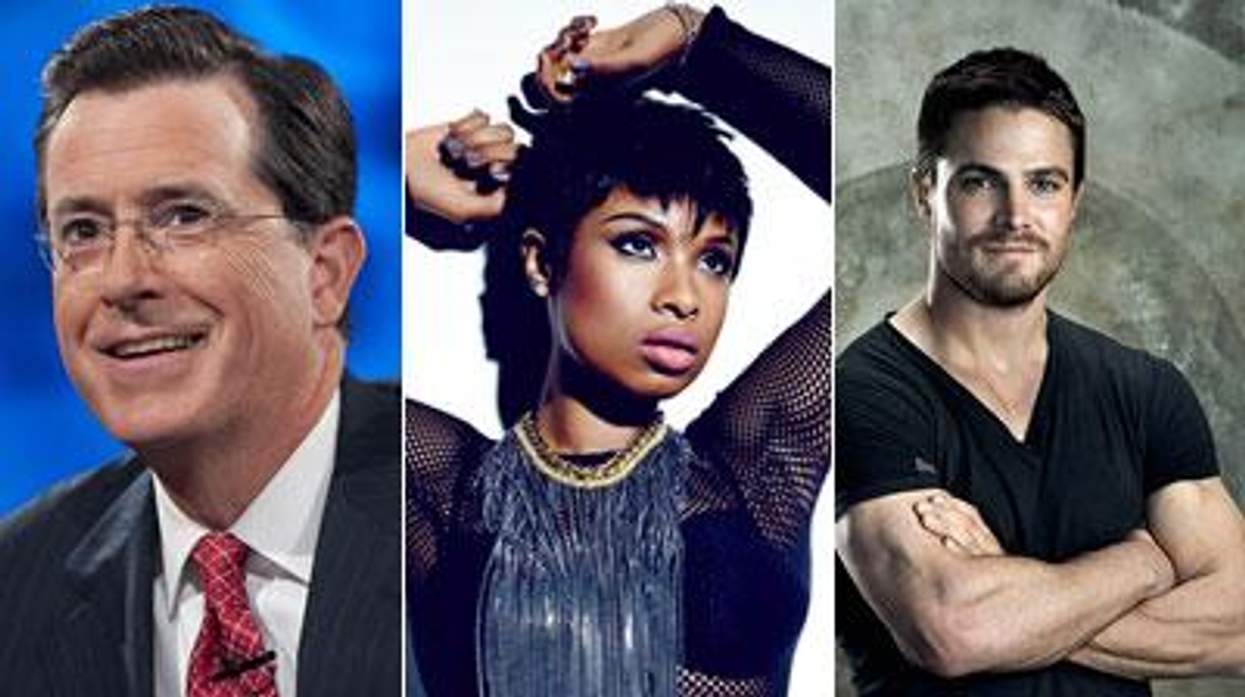

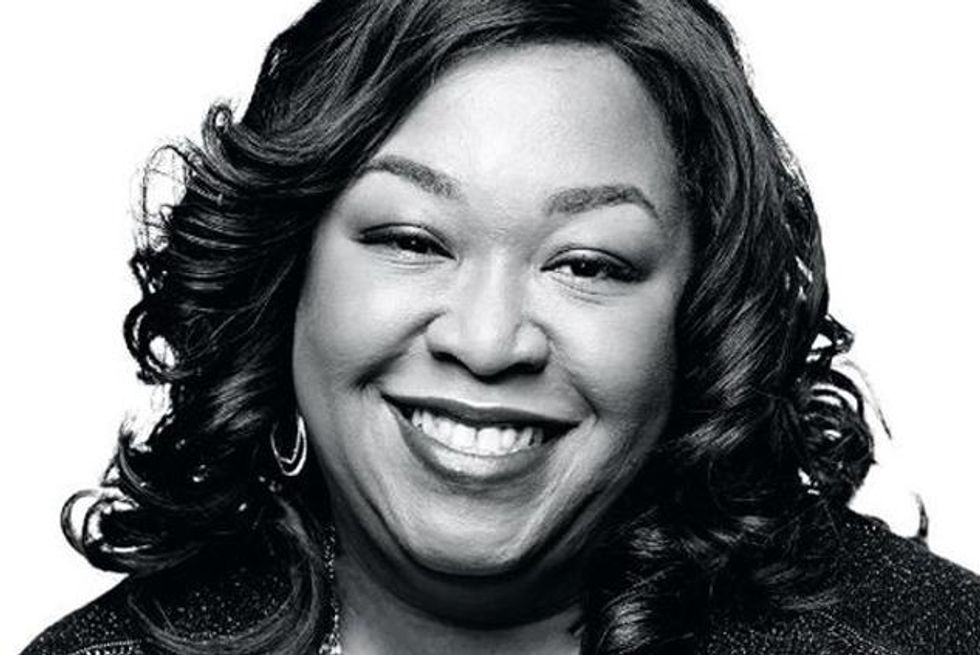
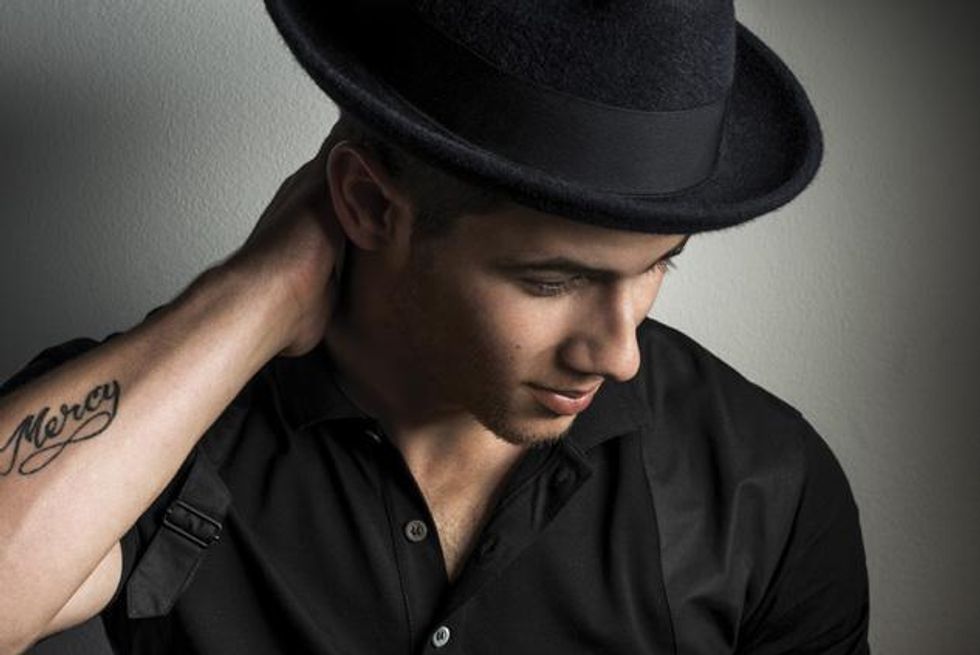
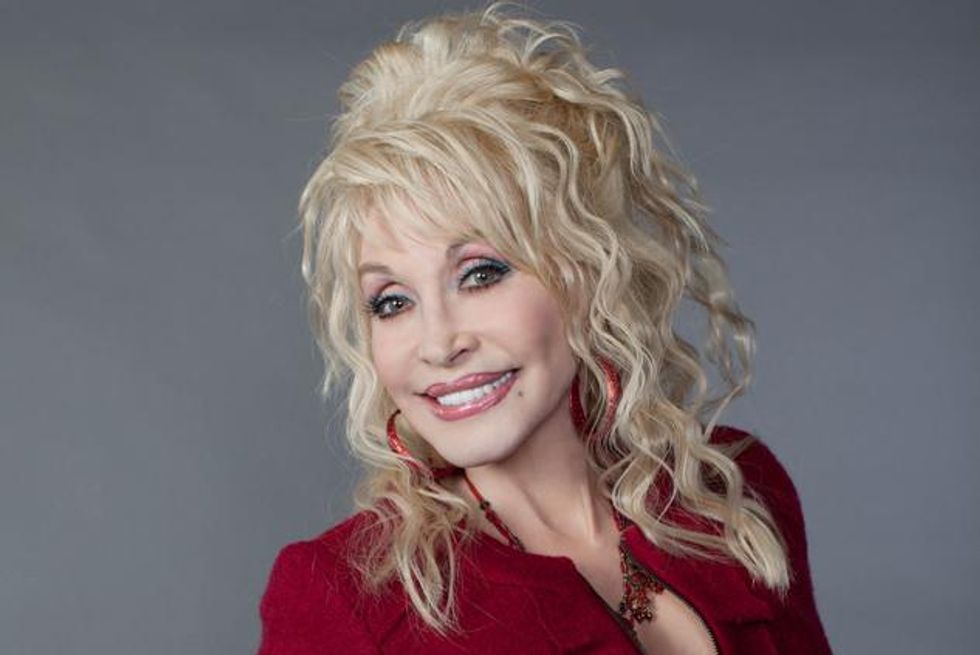
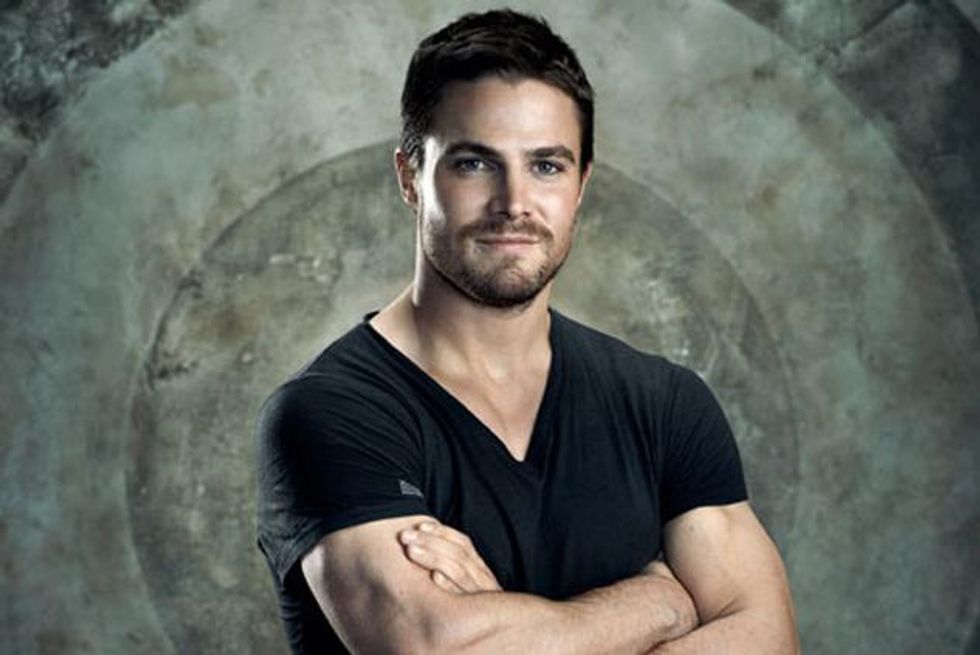
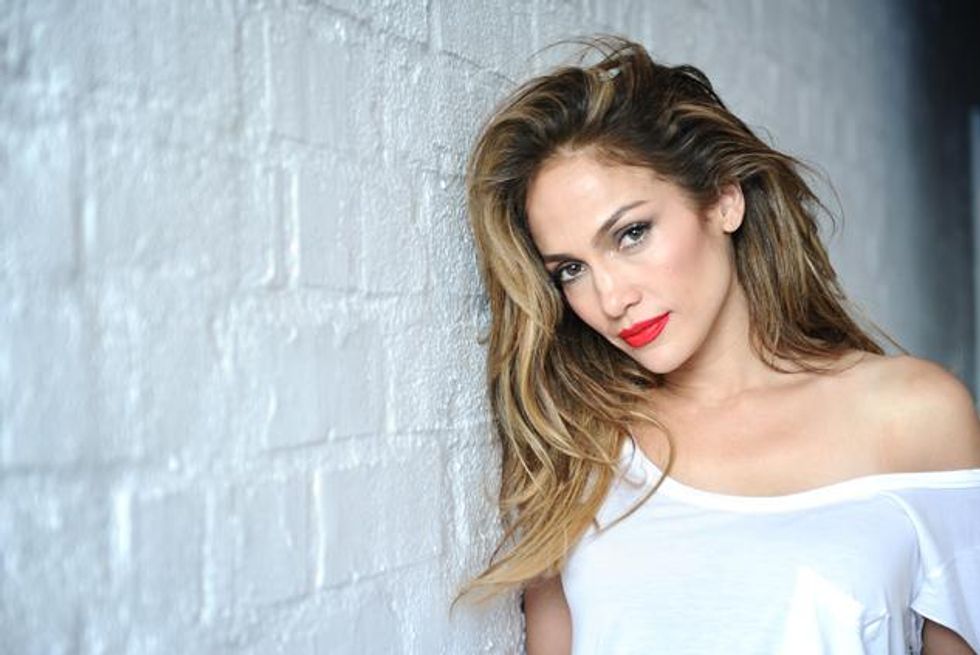
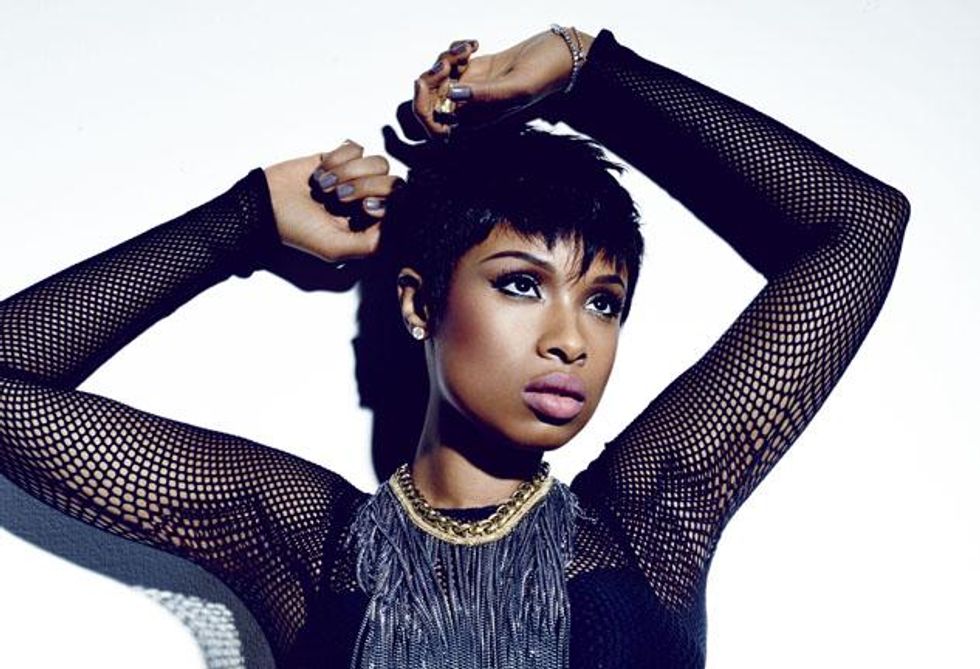
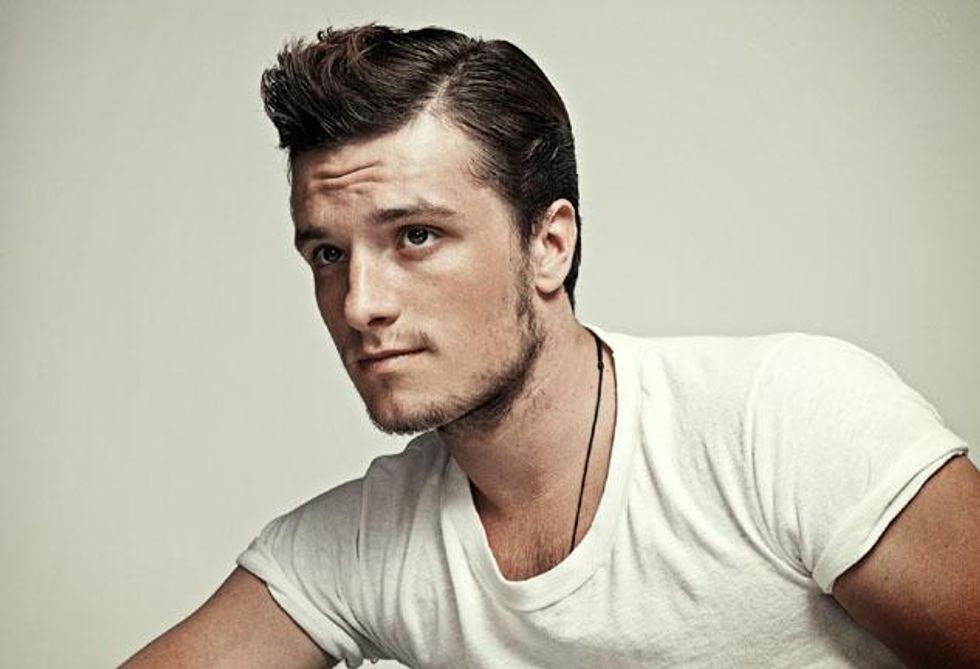
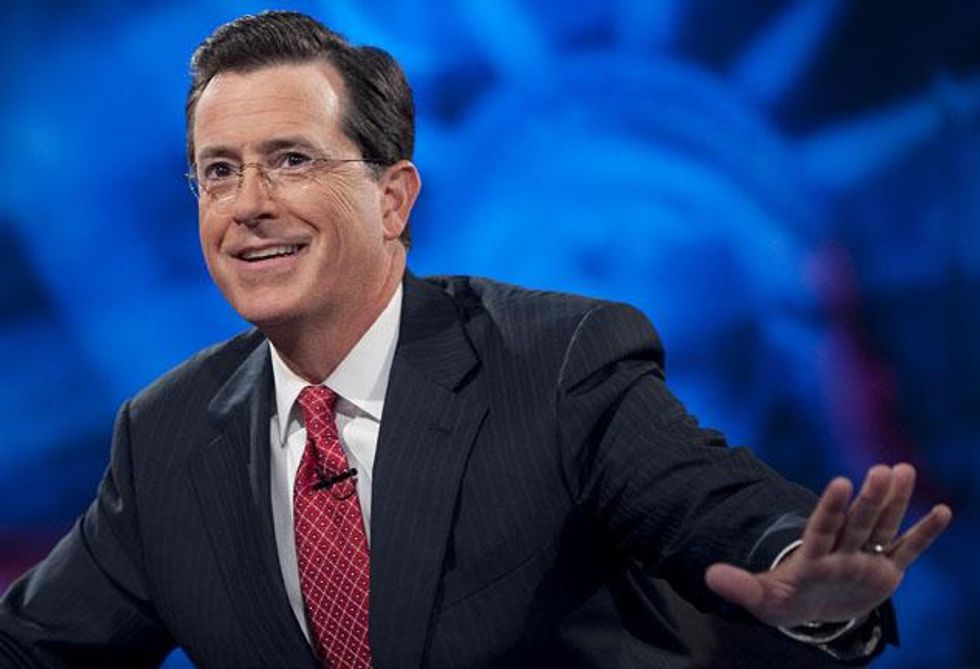
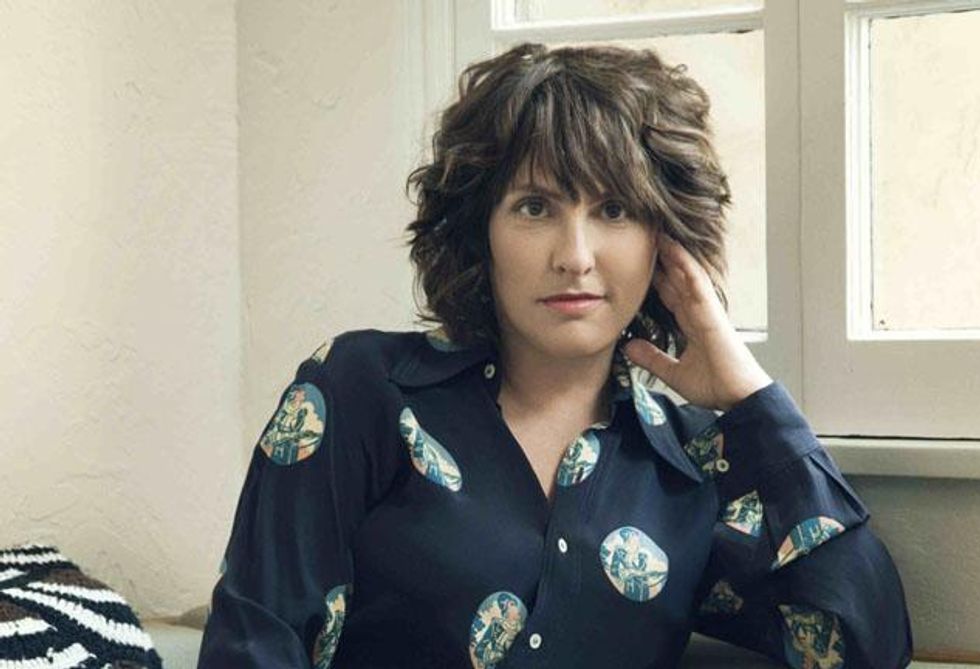
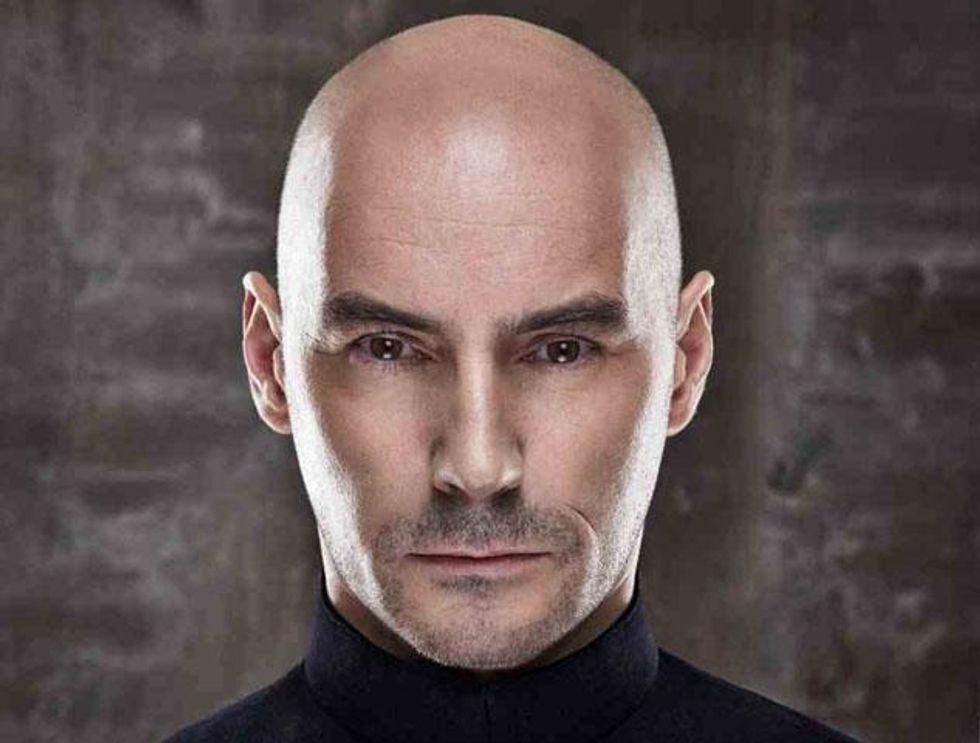


































































Charlie Kirk DID say stoning gay people was the 'perfect law' — and these other heinous quotes